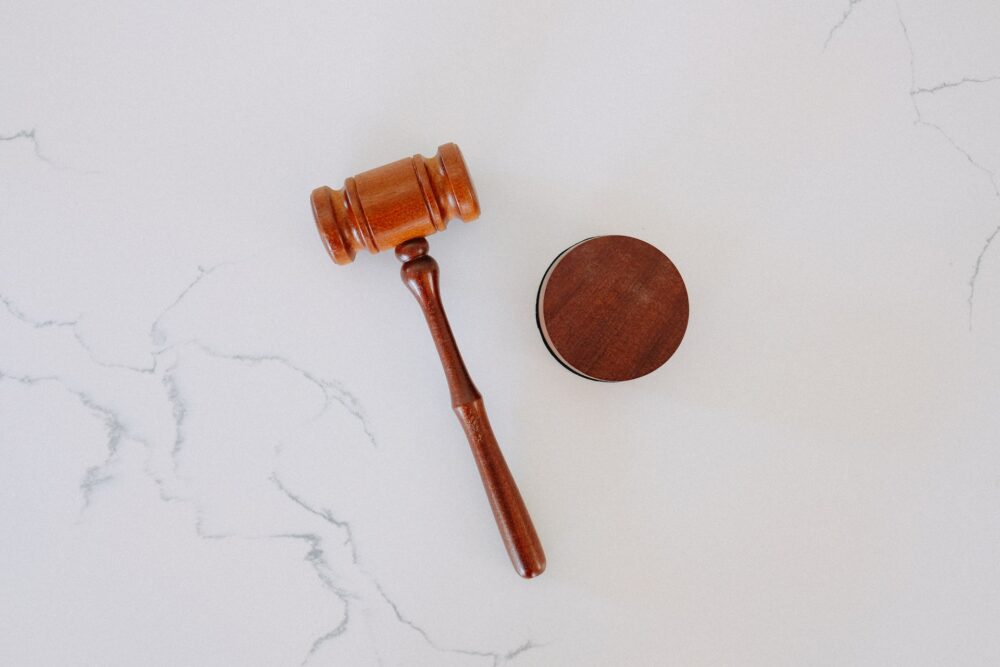It can be aggravating and upsetting to face bank phone harassment. You can experience daily disruptions and a sense of helplessness as a result. If a bank or debt collector is calling you often and harassing you, it’s vital to know that you have legal options accessible to you. The best course of action to deal with your situation is to consult legal rights advocates and get legal advice from them.
Understanding the rules and policies to be followed during phone harassment can help you to understand the severity and will help in protecting your rights. You will get insight into a few legal options in this post, along with some steps you may take to stop harassing calls from banks.
How To Identify Bank Phone Harassment?

Source: restofworld.org
The Fair Debt Collection Practices Act (FDCPA) lays out rules for debt collectors and forbids them from engaging in specific actions, such as harassing customers. The FDCPA forbids the following actions by debt collectors:
- Call repeatedly or continuously
- Call at unreasonable times, such as early in the morning or late at night
- Use abusive or profane language
- Threaten to take legal action that they cannot or will not take
- Use deceptive or misleading tactics to try to collect a debt
If your situation relates to such behavior, you can take legal action against your bank or debtor for phone harassment. However, you must also be aware of the remedies that are available to you in case of the following situation arises.
Legal Remedies For Bank Phone Harassment To Protect Consumer Rights

Source: unsplash.com
1. Register A Complaint With The Consumer Financial Protection Bureau (CFPB)
You may start fighting bank phone harassment by filing a complaint with the CFPB. A federal organization is in charge of monitoring any unfair or unethical financial practices. The agency is in charge of defending consumer rights and ensuring ethical financial behavior. If a loan or obligation is being recovered by your bank or a debt collector using unethical means.
You can file a complaint with the CFPB about them. The organization will assess the circumstance and gather sufficient proof to support any legal action. Make sure you have call recordings that will help in identifying the wrongdoings of parties that are responsible for the misconduct or involved in unethical financial practices.
2. Consult An Advocate
You might want to think about engaging a lawyer who specializes in consumer protection legislation if you are receiving harassing phone calls from a bank or debt collector. A lawyer can represent you in court if necessary, as well as assist you in understanding your rights and available legal options.
Their experience and knowledge span many years. You can then decide how to evaluate and handle the situation in the most effective way possible. The best course of action to safeguard your rights and stop additional harassment will be offered by the attorney based on the seriousness of your circumstance.
3. Take Legal Action
You might be able to sue a bank or debt collector if you were the victim of telephone harassment. A lawsuit may result in monetary damages, a stop-harassment injunction, and other relief. Gather enough evidence against the bank or debt collector so you can prove their unethical practices and wrongdoings.
Hiring an advocate or legal representative can help you to protect your rights and will prevent phone harassment in the future. It will increase your probability of winning the lawsuit and ensure your consumer protection rights. You are also entitled to claim compensation if you have suffered any losses from the actions of phone harassment.
4. Ask Your Debt Collector To Stop Phone Harassment
Under the regulations of FDCPA, you are entitled to ask a debt collector to stop contacting you. Debt collectors are required to stop contacting you if you submit this request in writing, with the exception of alerting you to legal action they are bringing against you.
You can exercise your consumer rights if they still engage in unethical behavior. You can seek legal assistance to stop phone harassment, speak with a lawyer for legal counsel before taking legal action against your bank or debt collector, or you can explore legal remedies on your own.
Laws And Regulations To Fight Against Bank Phone Harassment

Source: csoonline.com
The Fair Debt Collection Practices Act (FDCPA) is one of the key regulations of legislation that shield consumers from harassing bank phone calls. FDCPA governs how debt collectors including the actions of banks when make an effort to collect a debt from a customer. The law also outlines detailed requirements for debt collectors and outlaws specific actions, such as harassing phone calls.
The Consumer Financial Protection Act (CFPA) is an important law that shields customers from harassing bank phone calls. The Consumer Financial Protection Bureau (CFPB) was established in 2010 as a result of the CFPA. Federal consumer financial laws, such as those concerning debt collection and phone harassment, are enforced by the CFPB. The CFPB will look into complaints and, if necessary, take action against the bank or debt collector. Consumers must report actions of being harassed by a bank or debt collector over the phone.
Some states also have their own legislation that safeguards customers from bank phone harassment in addition to these rules and laws. For instance, under the regulations of several states, debt collectors must first acquire a license to conduct business there. According to rules in other states, debt collectors must give consumers information like the debt’s amount and the original creditor’s name.
The Bottom-line
There are things you may take to fight back if you are being harassed on the phone by a bank or debt collector. Knowing your legal rights and options is crucial, as is acting if you are being harassed. You can take charge of the matter and stop the harassment by contacting the CFPB, engaging legal counsel, bringing a lawsuit, or asking the bank or debt collector to stop calling.


















